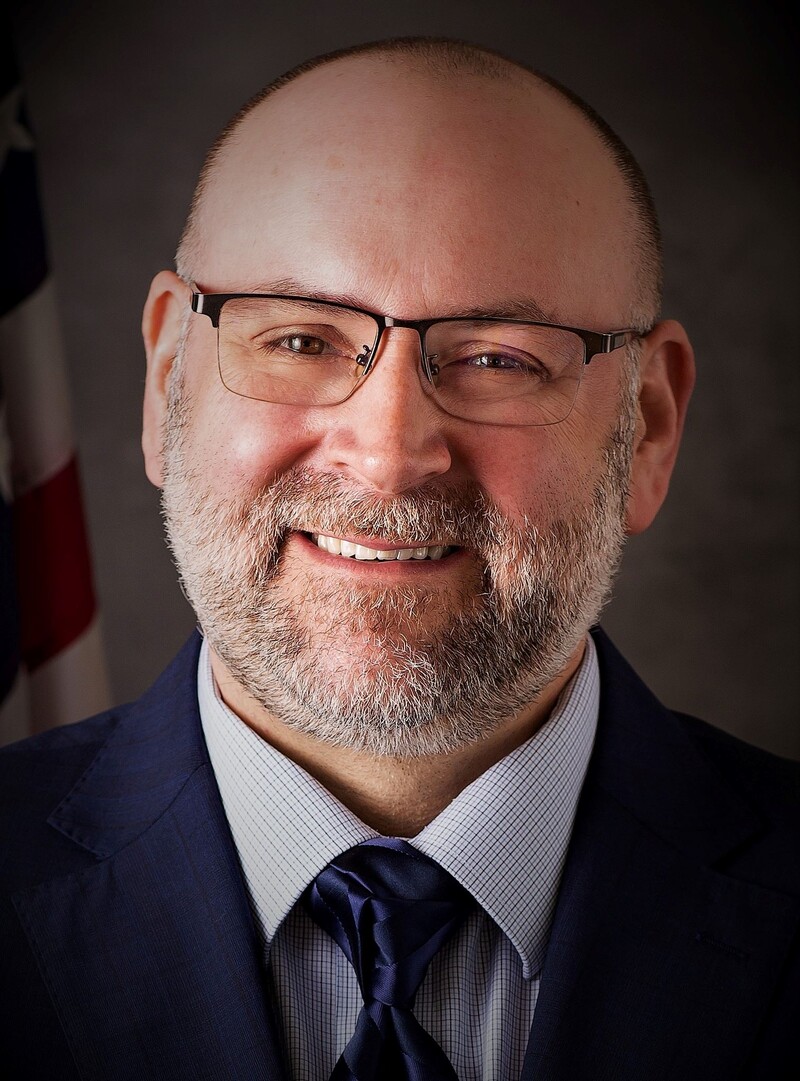Summary of the presentation by Lorene Vedder:
For meeting expenses of the city, it is important that the city is able to borrow money for its immediate needs. The State of Wisconsin determines the amount of debt that each community is allowed. In Menomonie the maximum debt allowed is approximately $88,000,000. Menomonie’s debt is much lower - approximately 26 million - leaving 62 million for emergencies. Eric Atkinson meets with Standard and Poor’s prior to borrowing to establish the City's credit rating. Menomonie has a rating of A+. The highest rating would be AAA. The worst is D (default). The interest is less on borrowing for those with the higher ratings. Two of Eric’s goals are to improve our city’s credit ratings and manage the existing debt.
As revenue for the city comes mainly from property taxes, a Mill rate needs to be established by the city to determine taxes paid for each homeowner and retail business. This Mill rate varies from year to year. If a city is growing, taxable property increases the city’s revenue. Manufacturers are assessed by the state and eventually given an assessed value. The state does the manufacturing assessment at current market rates (equalized value). Recently, the state changed the personal property tax laws that had a positive impact on keeping tax costs down for manufacturing facilities. That was done to attract more manufacturers to Wisconsin. The state provides some additional aid to offset the loss in revenue to municipalities, but the aid doesn't make up for the entire difference in revenue. To offset losses in and shortfalls in revenues, City Administrators look for grants to supplement their budgets. Counties can add sales and wheel taxes, but cities in Wisconsin can not generate income that way.
Inflation has been a problem for the cities. As the revenue streams can’t keep up with inflation, a city has to become more efficient. New technology is used to help cut costs such as with the Menomonie’s new book keeping system.
Shared revenues from the state government are not equally divided. There is a competition between municipalities for these funds. Those with poor resources may get more of these dollars. Those communities with low expenses and increased efficiencies are actually being penalized when it comes to the state subsidies. Currently our State of Wisconsin is sitting on a large surplus that it is withholding from our communities at the same time as it is restricting taxation for meeting the communities’ needs. Shared revenue from the state could be increased to benefit our communities if we have the political will and encourage our representatives in the Assembly and Senate to distribute more from the surplus.
Documents
Links
Memberships
Steve is a member of LION Publishers , the Wisconsin Newspaper Association, the Menomonie Area Chamber of Commerce, the Online News Association, and the Local Media Consortium, and is active in Health Dunn Right.
He has been a computer guy most of his life but has published a political blog, a discussion website, and now Eye On Dunn County.



Add new comment